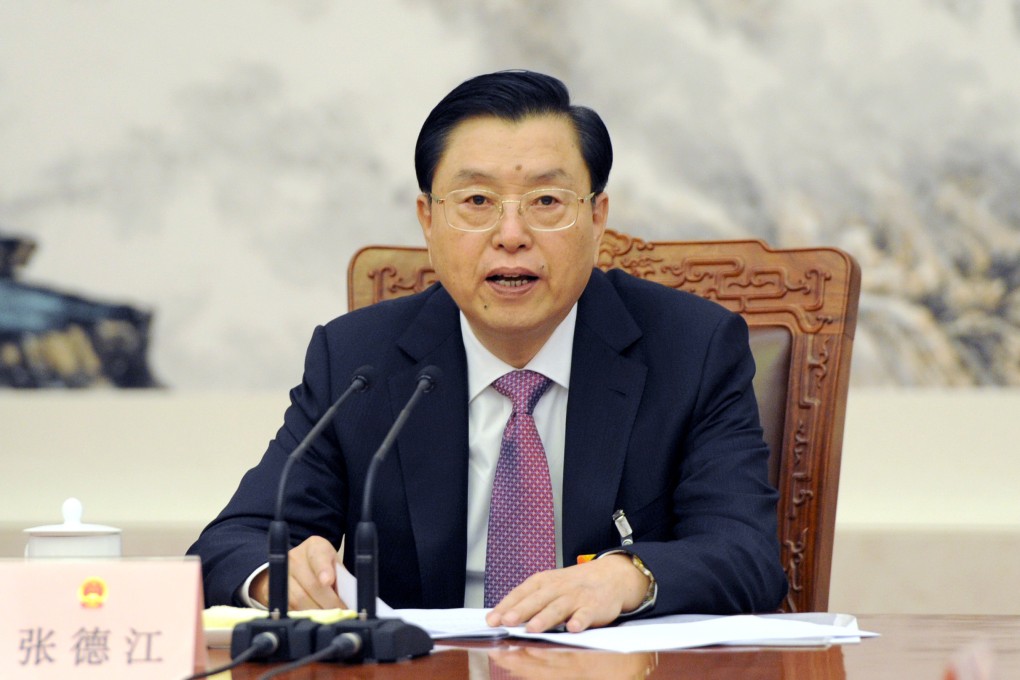New | NPC Standing Committee to debate approval of one-child policy, labour camp reforms
Lawmaking body meets to deliberate on bills and drafts, among them the controversial and decades-long 'laojiao' and family planning laws

Abolishing a labour camp system and relaxing the decades-long one-child policy are among the highly watched proposals that the 12th National People’s Congress (NPC) Standing Committee is expected to discuss during its weeklong meeting, which begins on Monday.
Zhang Dejiang, chairman of the committee, will preside.
The agenda published early last week listed a motion to abolish laojiao, or re-education through labour, and a birth policy resolution as among the bills and drafts that China’s top lawmaking body will discuss at its sixth meeting till Sunday.
Both reforms were announced in the resolution of the third plenum and the bills are being tabled for endorsement so they can be implemented soon.
The proposed revisions to the bill on birth policy will allow couples to have two children, reversing a one-child limit in place since 1979 as a population-control measure.
Under the policy – which has brought a host of social problems along with some advantages – most urban couples are only allowed to have one child, while rural couples can have two if the firstborn is a girl. Couples who violated the policy have been fined and punished.